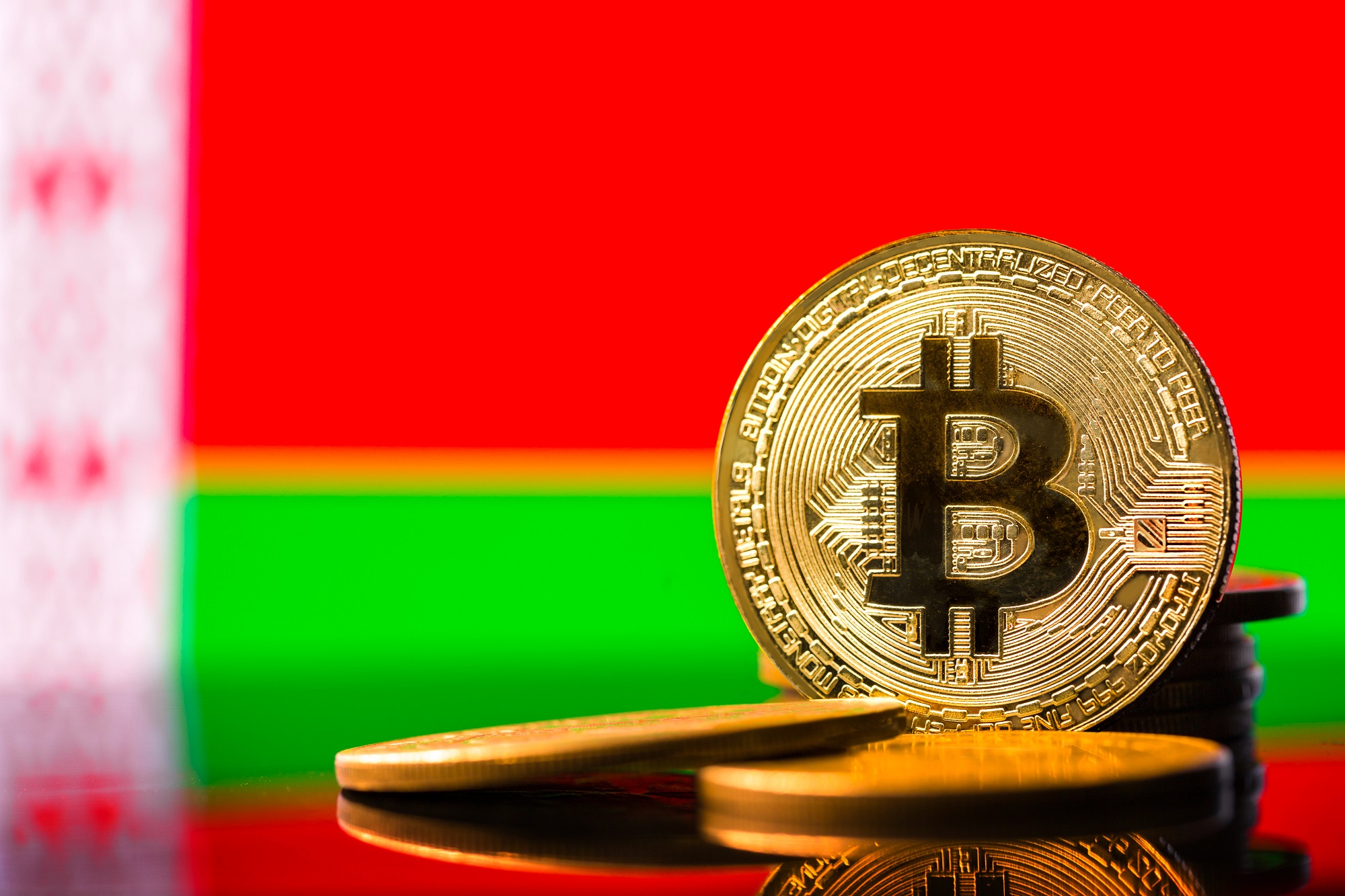Belarus’ President Pushes Revolutionary Cryptocurrency Adoption to Sidestep Sanctions
Breaking: Nation-state turns to digital assets as economic lifeline against international pressure.
The Geopolitical Pivot
Minsk isn't just dabbling in crypto—it's launching a full-scale offensive against traditional financial barriers. The move signals a fundamental shift in how sanctioned nations might operate beyond SWIFT's reach.
Sanctions? What Sanctions?
Cryptocurrency networks don't recognize political borders or banking restrictions. This adoption effectively creates parallel financial infrastructure that bypasses conventional control mechanisms—leaving sanction architects scrambling.
The New Financial Playbook
Forget begging for IMF loans. Sovereign crypto adoption represents the ultimate middle finger to economic coercion. It's the financial equivalent of 'go build your own internet'—and they just did.
Meanwhile, traditional finance executives are still trying to figure out how to charge 2% fees on blockchain transactions while their entire intermediary model crumbles. Some things never change—until they're forced to.

- Bealrus is aiming to push Cryptocurrency adoption as a key option to counter Western sanctions
- Digital Ruble is a form of long-term strategy to stand resilient against the same
- The President supports the efforts to legalize cryptocurrency payment and central bank initiatives
Cryptocurrency is getting full attention in Belarus’s economic strategy as President Alexander Lukashenko pushes the national banks to expand their integration amid strict international sanctions.
This happened at an official meeting with the National Bank of the Republic of Belarus’ (NBRB) officers. Lukashenko expressed his support for the bank’s drafted legislative changes intended to make cryptocurrency payments more accessible.
Source: YouTubeBelarus’s Economic Response Centered Around Cryptocurrency
The Governor Roman Golovchenko stated the reform as a “very important topic” and gave a synopsis of plans to attain “breakthrough results” in merging digital financial benefits into Belarus’s economic prototype. These developments build on existing laws established under Decree No. 8, the landmark 2017 presidential decree legalizing developments like crypto mining and trading within the Hi‑Tech Park sensitive economic zone.

Lukashenko, who has many times raised questions over the underdevelopment in the domestic crypto-market, interrogated Golovchenko with queries such as: “How can we use it [cryptocurrency], especially now, to make payments? … What will our next steps be?”. He answered with emphasis on the central banks’ efforts and promised to follow through on the initiatives at a conference that is upcoming, dedicated to the topic.
Belarus Accelerates Plans for Digital Ruble CBDC
Analysts point out that the timing of Lukashenko’s comments tallies with related actions by Belarus’s key geopolitical ally, Russia, which has already introduced crypto-based cross-border payment earlier to avoid Western sanctions. Similarly, Belarus also views digital assets as a positive aspect of its economy to get away from financial restrictions.
In inclusion to crypto payment merging, Belarus is advancing its own Central Bank Digital Currency (CBDC), the “digital ruble”. Officials pursue a gradual rollout, starting with businesses in late 2026 and enlarging to government and public use by 2027.
BREAKING: PRESIDENT OF BELARUS JUST URGED HIS COUNTRY TO ADOPT #BITCOIN AND CRYPTO IN CABINET MEETING
"WHOEVER SETS THE TREND WILL GET THE MAXIMUM BENEFIT"
NATION STATE GAME THEORY AT WORK![]() pic.twitter.com/liZa2W4hIM
pic.twitter.com/liZa2W4hIM
This decision is an answer to a broader economic pressure and to several financial constraints. By legalising such cryptocurrency payments and formalising CBDC, Belarus makes itself immune to Western sanctions.

